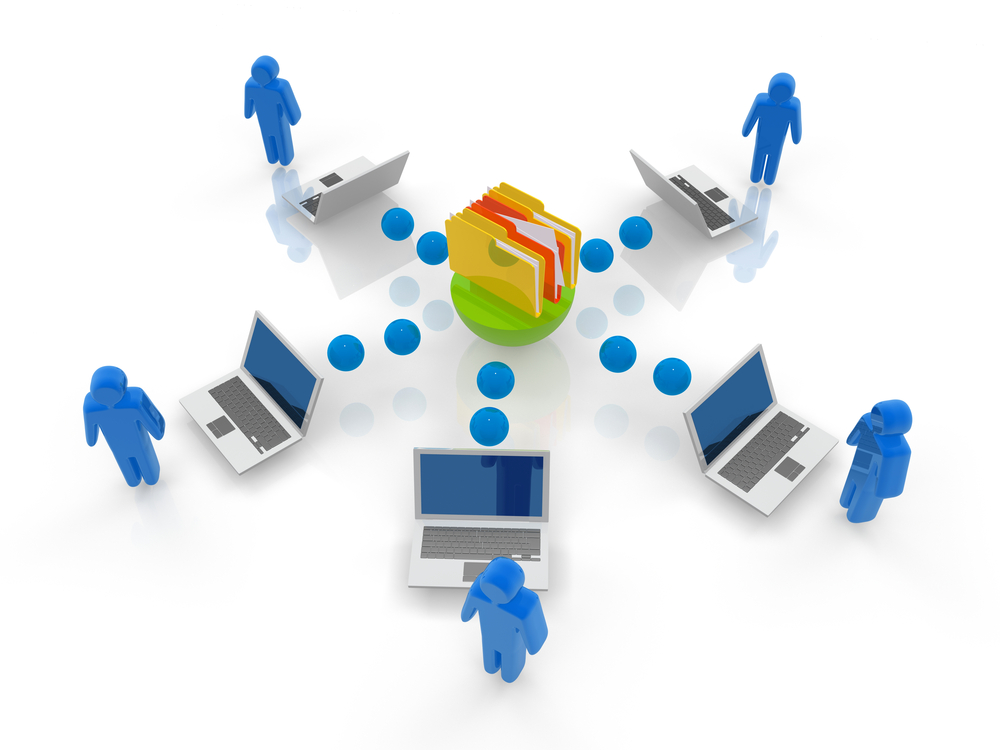Reasons Why Businesses Should Increase Mobility of File Servers
A file server is a centralized storage repository that allows employees on connected devices such as such as macOS, Windows PC, or mobile devices to simultaneously work on folders and files via business apps such as QuickBook, PhotoShop, AutoCAD, and Microsoft Offices. This server offers enormous benefits to a company-wide collaboration platform.
Let us learn more about the concept and significance of file servers in an organization.
Triofox is efficient software that offers Secure Remote File Server Access to a company. It provides file server mobility by converting a local server into a corporate-wide “share server” or a company-wide “web file server”. The software bridges cloud storage and file servers to enable secure remote access without requiring a VPN.
The software also leverages cloud storage to ensure safe mobile file sharing via a mobile application or web browser. The software sets up web-link-based safe file sharing above existing file server infrastructure. It also leverages Active Directory for the protection of files and folders.
What is a file server?
A file server is a software component that forms the part of the operating system. It enables a connected device to include a network file system. This networking effect quickly allows authorized and connected client agents to perform a set of basic operations that includes listing files, folders, writing and reading files, locking files to ease collaboration of groups.
How Is a File Server Accessed?
A file server is accessed by an identity service for the authentication of users. It is further protected by permission structure to view, read, or write individual folders and specific files in the organization.
The functionality of A File Server
The most important function of a file server is to enable several users to get access to the stored files present in a centrally installed file repository. Users use it indirectly through a range of line-of-business apps to open, view and save files to corporate file servers.
Features of a File server
- Offer block-level file access to ensure full application compatibility
- Performs better file organization
- Performs volume shadow backup and data security
- Controls centralized management of permissions
- This leads to easy collaboration and sharing of files
- File locking features help prevent corruption and overwritten files
- Ensures prevention and control of data loss
- Centralized data storage
Advantages of adopting mobile technology
Mobilizing file server benefits a company in the following ways:
- Enhances employee productivity levels by offering real-time communication, improved access to customer data, and better workflow management.
- Enhance customer engagement at conferences, client sites, sales demos, collaborative meetings, and industry events
- Increased mobility provides greater flexibility that helps drive the growth strategy of the company. Enhanced mobility plays an important role when adding more people to the existing workforce. Improved mobile capabilities enable them to perform at a high level without a home or office base.
- Mobility is important to expand the business’ reach to new markets and acquire more customers beyond the borders of their country.
- Adopting mobile technology also helps cleaning up the data of the company. A mobile CRM app is effective to ensure customer transactions and interactions and keep them up-to-date.
Conclusion
The file server has become a highly popular central storage medium to store internal files in the company. Considering its benefits, it makes it important to enhance file server mobility in the business.




